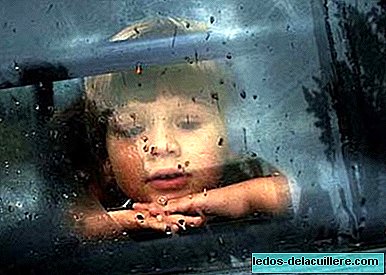
Less sleep, more health problems in children and the elderly. A good rest is essential, and a new study indicates that getting enough sleep would also be related to blood sugar (glucose) levels. Young children would be more likely to have high blood sugar if they sleep eight hours or less per day, which would be a precursor to diabetes, according to a study by researchers in China and the United States.
Of course, sleeping less would affect glucose regardless of a variety of risk factors to consider (age, gender, characteristics at birth, diet, recent illnesses, physical activity, body mass ...).
For example, that risk would be even greater in the most obese children, one of the main risk factors, regardless of whether they sleep more or less hours.
The study has been published in the "Archives of Pediatric and Adolescent Medicine" magazine and conducted by researchers from the Chinese Academy of Sciences in Shanghai and the United States. The research is titled "Sleep duration and hyperglycemia among obese and non-obese children aged 3 to 6 years" ("Sleep Duration and Hyperglycemia Among Obese and Nonobese Children Aged 3 to 6 Years"), and an excerpt can be read here (in English).
The team investigated the duration of sleep and glucose levels in 619 obese children and in 617 non-obese children between 3 and 6 years, without diabetes or problems with blood sugar.
The parents' responses showed that more obese children (47%) than non-obese (37%) slept eight hours or less per night. High blood sugar levels were more common in obese and non-obese children who slept less, approaching a state of "pre-diabetes" in some cases, even 11 children with diabetes were detected.
In short, the results indicate that, as in adults, getting enough sleep would help children maintain a healthy body weight and optimal sugar level in blood Rest is also important for this.












